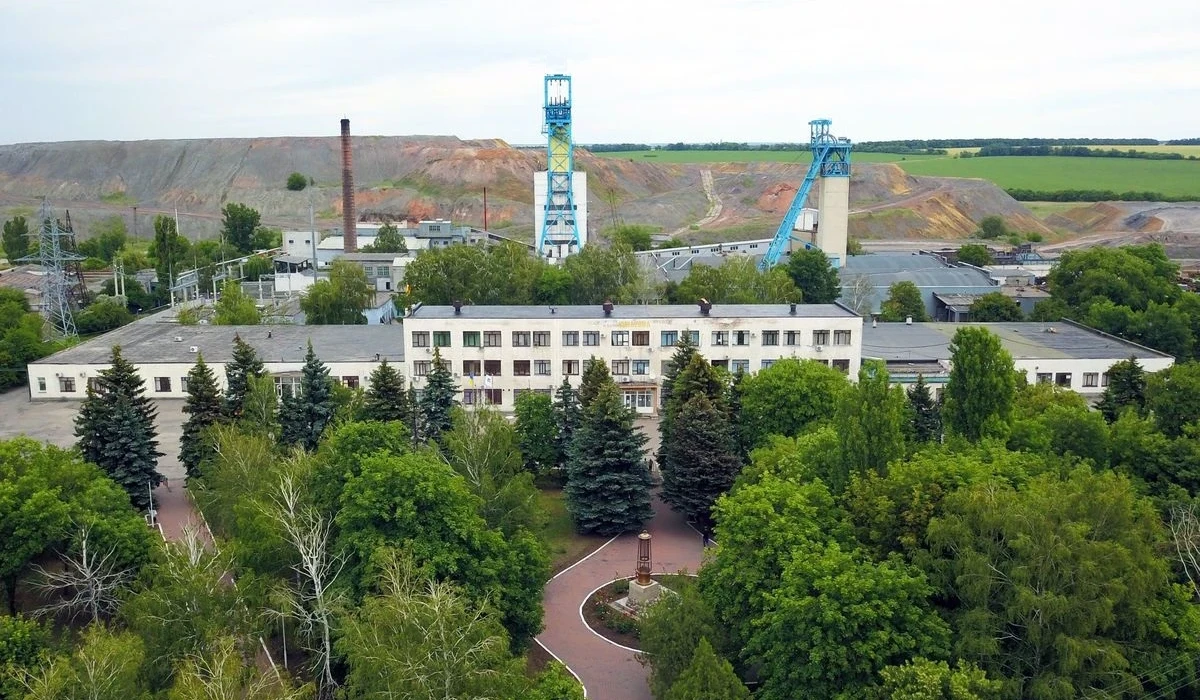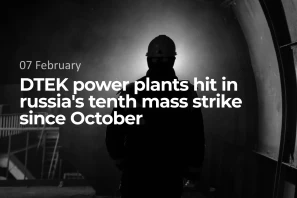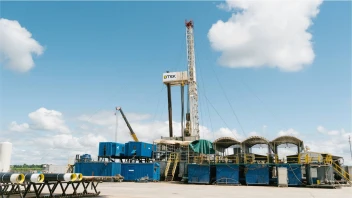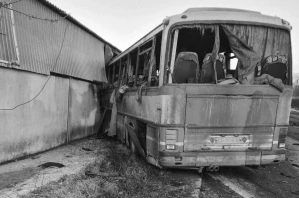With the support of DTEK Energy in Dnipro, three coal companies were among the first in Ukraine to approve the Economic Diversification Programme and set respective priorities for the next years. The programmes were developed through engaging representatives of self-governing bodies, as well as active citizens, unions and businesspersons under the assistance of strategic planning experts hired by DTEK Energy.
Working groups in three mining communities (Mykolaiv, Petropavlivka and Pershotravensk) with the assistance of experts from Agency for Sustainable Development “ASTAR” reviewed all available resources in the area, analysed potential focus areas and submitted suggestions to residents. The development programmes included measures for the first three years, the calculation of the funds required and a list of possible sources of financing.
The profile and developmental scenario was elaborated by the communities in the same way as in Europe. To raise funding, investment passports were drafted in Ukrainian and English. A three-factor model was developed for investment, considering the amount of money to be invested in each project, the jobs that can be created and the revenues to be generated for local budgets.
“We are preparing for inevitable changes in society as the regional economic scenario undergoes modifications. The Mykolaiv Community Economic Diversification Programme comprised value-added activities in three areas: dairy production, production and expansion of the end market for pumpkin candied peel and expansion of the assortment of beekeeping products. The most valuable part of any company is the people. Our lands, community entrepreneurs and those who conduct their business within our territory, logistical opportunities for its conduct — all this enables us to have an effective autonomous economic activity,” outlined Viktor Odoievtsev, the head of the Mykolaivka village.
“Cancelling coal mining requires economic redevelopment of our territory to create new workplaces and sources of local budget replenishment as an alternative to coal mining enterprises,” said Ivan Leonov, Deputy Head for the activities of the governing bodies at Petropavlivka Village Council. “We are considering creating an industrial park on the territory of Yuvileina mine after its phase-out. An industrial site could be used for the construction of a bioethanol plant and large greenhouse complexes. The community of Petropavlivka sees the potential for the cultivation, preservation and processing of fruits and vegetables. We will develop the existing services for the repair of agricultural facilities in our own and neighbouring communities, and we plan to launch a ‘green road’ for tourism. That’s exactly the part of the Fair Transformation Programme.”
“Following the mine closure, Pershotravensk will expand into new realities. We are therefore already seeking other sources of budget replenishment and opportunities for further development. Our programme is to address heat upgrades in residential buildings and social infrastructure facilities, search for alternative sources of heat and water supply, ensure new workplaces to replace those of the coal mines, and create added value in the existing enterprises of the city,” mentioned Oksana Vinnytska, the mayor of Pershotravensk.
“Being a socially responsible company, DTEK Energy is interested in ensuring that people in these areas continue to live in decent conditions even after the mines are closed. This is why we were the first in Ukraine to assume responsibility for helping communities identify their sources of growth and new economic sectors for business development, create new places of work, save infrastructure and ensure privatisation of territories for residence,” said Ildar Salieiev, the CEO of DTEK Energy.
Starting in the new year, Agency for Sustainable Development “ASTAR” will continue to assist three communities under the support of DTEK Energy.
In late 2020, Dobropillia mining region in Donetsk Oblast became the first coal mining area to pursue economic diversification under the support of DTEK Energy. The Coordinating Council on Sustainable Energy Development and Fair Transformation Issues at the Dobropillia City Council has adopted the Economic Diversification Programme for Dobropillia amalgamated territorial community under the conditions of “green transition”.
Currently, over 70 Ukrainian monotowns are dependent on the thermal generation industry. It represents 1.3 million jobs, with 60% of the budgetary revenues generated by the coal companies themselves.







